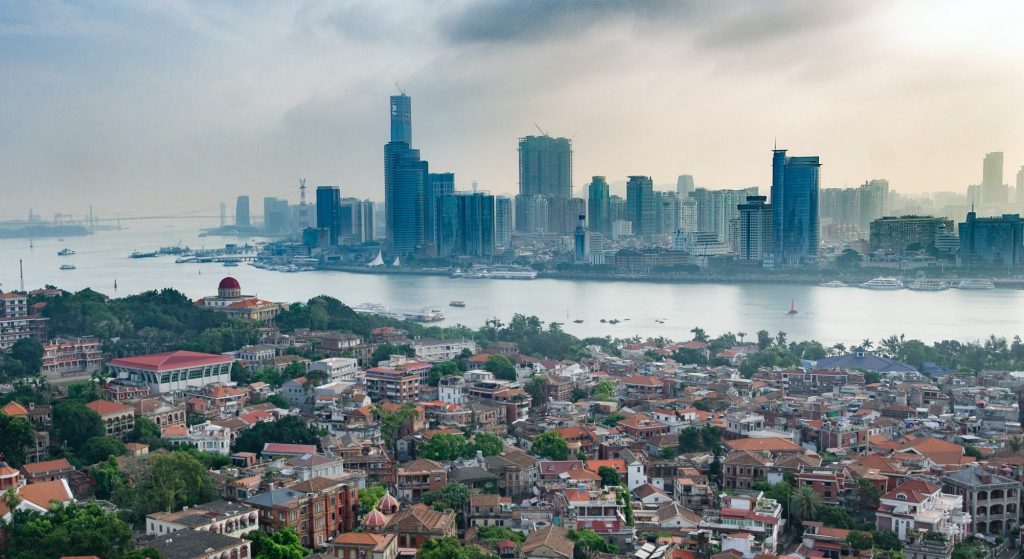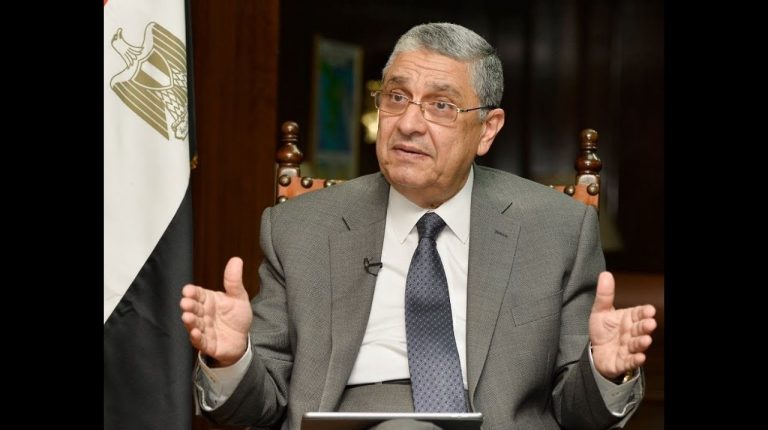
As the reality of accumulating waste begins to threaten the sustainability of the planet, it becomes a global responsibility to fight it. The European Union (EU) issued its waste framework directive in 2008, with the United Nations (U.N.) following in 2016 with a list of guidelines for nations seeking to introduce waste management solutions.
In October, according to legal adviser to the Ministry of Environment Ehab Tarek, Egypt came out with its own law for integrated waste management. Tarek explained the purpose is to promote the concept by “using incentives, not punishment and fines, as well as by strengthening partnerships with all stakeholders.”
The regulations are set to be published soon in the official gazette , according to Tarek.
With the new law set to become official, members of the private sector have questions about what it means for them. Malak Khalil, senior environmental regulations consultant for ADSERO — Ragy Soliman & Partners, says she has received queries from companies about the effects on their supply chains. Multinationals wonder if they will have to reconstruct existing extended producer responsibility systems whereby the producer is responsible for the cost of managing waste, explains Khalil. In addition, there is uncertainty over the status of current corporate social responsibility policies that contribute to global green initiatives.
Existing strategies
While this will be the first time concepts of waste management are introduced in Egyptian law, they are not new to the country in general. Efforts to manage waste have been led by multinational companies, according to Mohamed Elkaramany, vice president for public policy at Moharram & Partners, a public affairs and strategic communications firm.
As part of their CSR campaigns, multinationals have been implementing and investing in waste management and sustainability solutions for a long time. Several companies such as Coca-Cola, PepsiCo, Nestlé and L’Oréal “already have plans, budgets and units that are investing in the area of waste management and recycling,” El Karamany says. Coca-Cola, in addition to bringing its “World Without Waste initiative for the first time to the Middle East and Africa,” according to BariQ CEO Usama Zaki, has partnered with Hurghada Environmental Protection and Conservation Association (HEPCA) to implement a waste management system.
It’s not only Coca-Cola, says Elkaramany. PepsiCo donated to the Ministry of Tourism to install 195 recycling containers at hotels in Hurghada and Marsa Alam. L’Oréal announced a plan to use 100% recycled products, and Nestlé has a Reverse Credit System which is “a collaboration between the private and public sector to ensure the cleanliness of the city and commitment to the state policy in the field of residential collection of municipal waste,” according to Former Minister of Urban Renewal and Informal Settlements Laila Iskandar. Nestlé invests millions in this system.
Such private sector experience, both internationally and in Egypt, provided significant input to the legislation. “That’s why it’s important to include those companies in the conversations and policy dialogue when we’re preparing any kind of regulations,” ElKaramany says, “We need to listen to them and understand what’s happening all around the globe.”
Companies have the know-how, having spent millions on research, concerning the steps to achieve these goals in Egypt. They’re “operating on the ground so [they] know what works and what doesn’t, and that’s why it’s really important to have such an inclusive policy-making process,” ElKaramany says.
Ten years ago, when independent Egyptian recycler BariQ started operations, it had to build capabilities and address challenges on its own, says Zaki. For example, no one in Egypt used recycled materials in packaging, he says, and that “put BariQ in real competition with global recyclers” because it had to export 100% of its output.

Legislative frameworks
Addressing such market challenges is included in the new legislative framework with seven articles dealing with incentives to companies, according to Tarek. “We have to expand our experience in this approach to integrate the concept of incentives to encourage the economy and organize the relationship between the private sector and government,” he says.
One incentive is the introduction of a “Green Label” that a company will earn when it complies with the integrated waste management law, which Tarek says will have “a very good reflection on the market” and “positively affect the marketing of products.”
Walid Darwish, deputy minister for environmental affairs at the Ministry of Trade and Industry, says the new law works to provide “new credit lines for recyclables and financial incentives, and work in several projects related to energy,” especially for small, medium and micro enterprises that are the “most important vehicles for development.”
Darwish adds the ministry’s focus is to bring the informal sector into the formal sector, “not only to be part of the taxation system of the country, but to promote their exports. We want to motivate them by giving them incentives, training and marketing schemes.”
The new legislation defines and introduces concepts new to Egyptian law, including the general principles of waste management, extended producer responsibility and waste management hierarchy. While the introduction of these concepts might seem a bit abstract in the context of Egypt, Khalil says that is the point. “Framework legislation is an umbrella,” she says. “It is not intended to have specific details because it applies to all sectors and all industries.”
The goal is for general principles to be translated into executive regulations and ministerial decrees. “Waste management, especially in Egypt, is an evolving … sector,” she adds. “The law is a reflection of that, so we will expect to develop legislation as we go.”
Khalil organized private sector questions in two categories: supply chain compliance and incentives. While there are some answers regarding enforceability of the law and incentives, Khalil says, other guidelines and definitions need to be further developed.
Darwish says details will come out when the executive regulation is ratified and after a meeting with the minister of environment. “We didn’t want to limit ourselves by putting such details in the executive regulations in order to have more flexibility after ratifying the executive regulations,” he says.
Comparative look
Egypt clearly utilized local input about the executive framework and how to make it work in its specific context. However, it is important to see how this law compares to others addressing similar problems elsewhere.
The U.N. issued guidelines in 2016 for “governments that are about to issue waste management legislation,” Khalil says. The guidelines highlight the importance of definitions, which need to be detailed and comprehensive, and tailored to each country and its specific needs.
The guidelines also stress the focus should always be on protection of the environment and human health. “This is to be underlined in legislation,” Khalil says.
The EU’s waste framework directive is the closest legislation to the waste management law in Egypt, says Khalil. “It covers the importance of permits and for operators to be licensed to undertake integrated waste management activities. We can see clearly that our law is very much in compliance with international standards.”
Way forward
Egypt’s integrated waste management law is clearly in its nascent stage, with details and elaboration to come through further dialogue and amendments in a kind of trial-and-error process. Khalil hopes the dialogue remains open, because “cooperation is key to ensure that we are developing in the right direction.”
ElKaramany believes that instead of repeating the whole process from the beginning, there should be an “institutionalized mechanism” that continues to reevaluate the law and address elements that need to be tweaked. This could be done by establishing a task force composed of representatives of ministries, the private sector, non-governmental organizations and the academic community.
The legislation does its job as a framework only if it continues to be evaluated and updated. “We have to track the implementation of the law to see whether we are reaching the goal,” ElKaramany says, “I advise dialogue among all interested parties.”







